Resource Library
Find compelling classroom resources, learn new teaching methods, meet standards, and make a difference in the lives of your students.
We are grateful to The Hammer Family Foundation for supporting the development of our on-demand learning and teaching resources.

Introducing Our US History Curriculum Collection
Draw from this flexible curriculum collection as you plan any middle or high school US history course. Featuring units, C3-style inquiries, and case studies, the collection will help you explore themes of democracy and freedom with your students throughout the year.
3349 Results
The Holocaust and Jewish Communities in Wartime North Africa
Explore the impact of the Holocaust and World War II on Jewish communities in North Africa in this 3-lesson mini-unit.
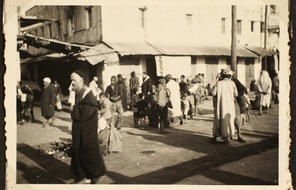
Developing Media Literacy for Well-being, Relationships and Democracy
Teach students about media literacy, helping them develop as critical consumers and creators of information, in order to support their well-being, their relationships and our democracy.

From Fitting In to Belonging: Understanding the Forces That Shape Belonging
Designed for students in grades 7 and 8, this text set includes lesson plans and multi-genre texts for a two-week unit exploring the essential questions, “What are the forces that shape belonging? How can we reduce barriers to belonging for ourselves and others?”

Holocaust and Human Behavior: A Facing History & Ourselves High School Elective Course
This curriculum is designed for Tennessee and Southeast educators teaching a high school elective course on the history of the Holocaust and the Armenian Genocide.
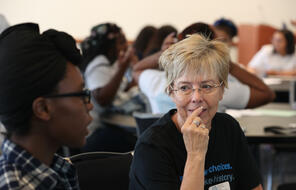
Membership
Examine how Indigenous identities in Canada have been shaped by the ways European settlers responded to real and imagined differences between themselves and the Indigenous Peoples.
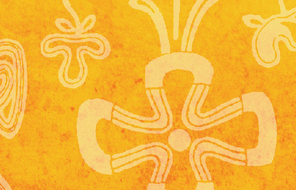
Appartenance
Examinez comment les identités autochtones du Canada ont été façonnées par la façon dont les colons européens ont répondu aux différences réelles et perçues entre eux et les Peuples Autochtones.

The Indian Act and the Indian Residential Schools
Learn the history behind the legislation and policies created by the Canadian government in the nineteenth century to dispossess and assimilate the Indigenous Peoples.
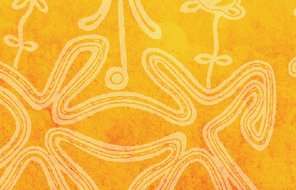
La Loi sur les Indiens et les pensionnats
Comprenez l’histoire derrière la législation et les politiques élaborées par le gouvernement du Canada au XIXe siècle, dont l’objectif était de déposséder culturellement les Peuples Autochtones et de les assimiler.

The Residential School Experience
Read firsthand accounts from survivors of their often profoundly painful and damaging experiences at residential schools.
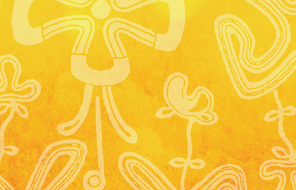
L'expérience des pensionnats
Lisez des témoignages de première main racontant les expériences souvent douloureuses et profondément dommageables que les Survivants et Survivantes ont connues dans les pensionnats autochtones.

Apologies
Learn about the apologies offered by the government and churches of Canada to the Indigenous Peoples, and consider the role of apologies in transitional justice.


